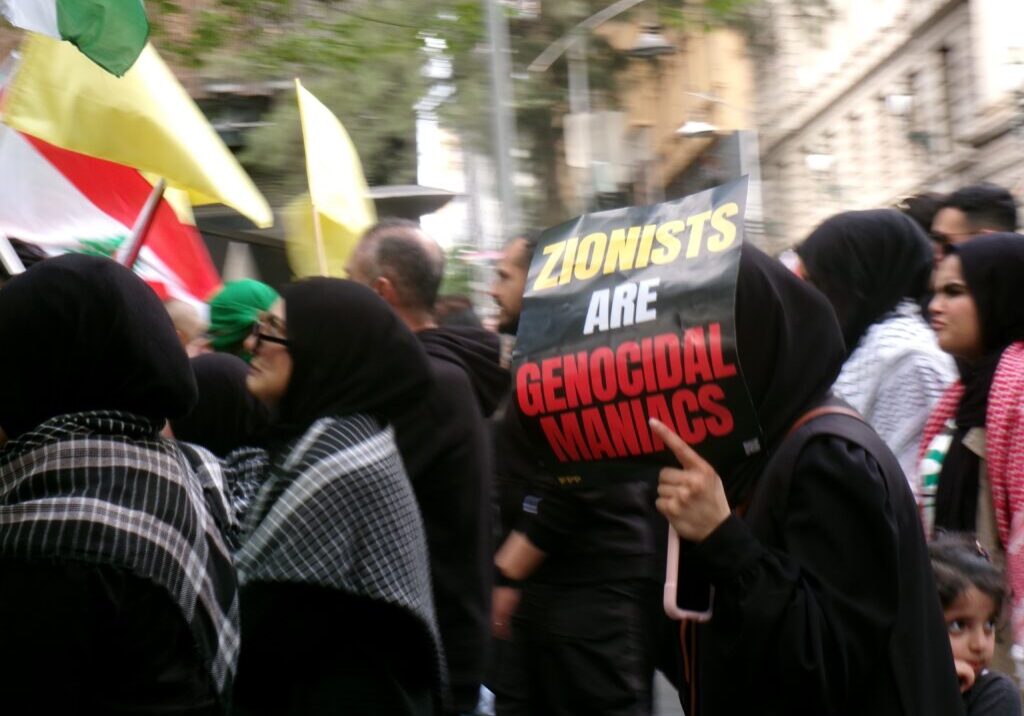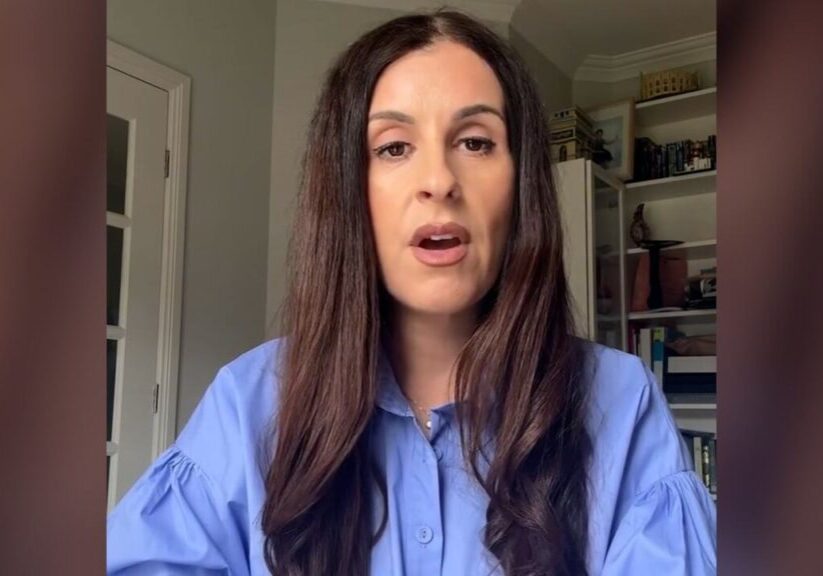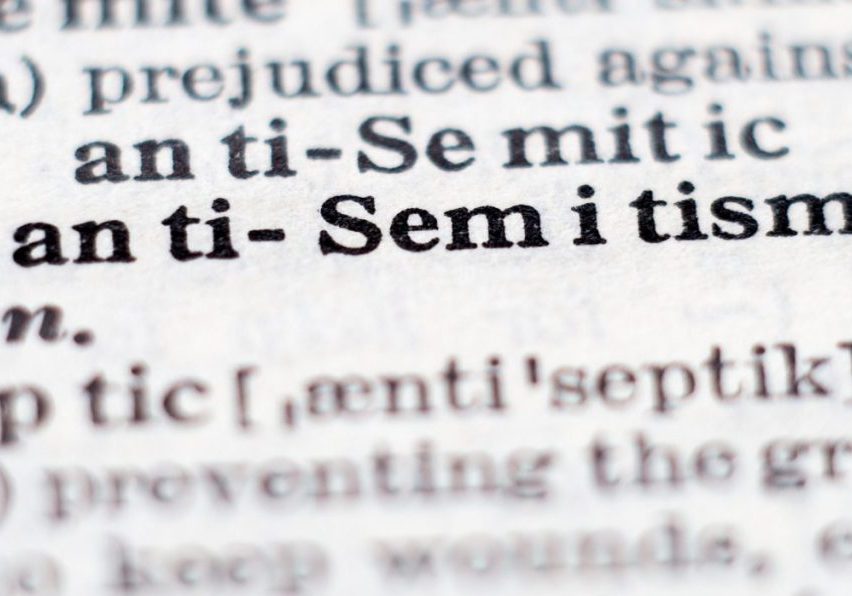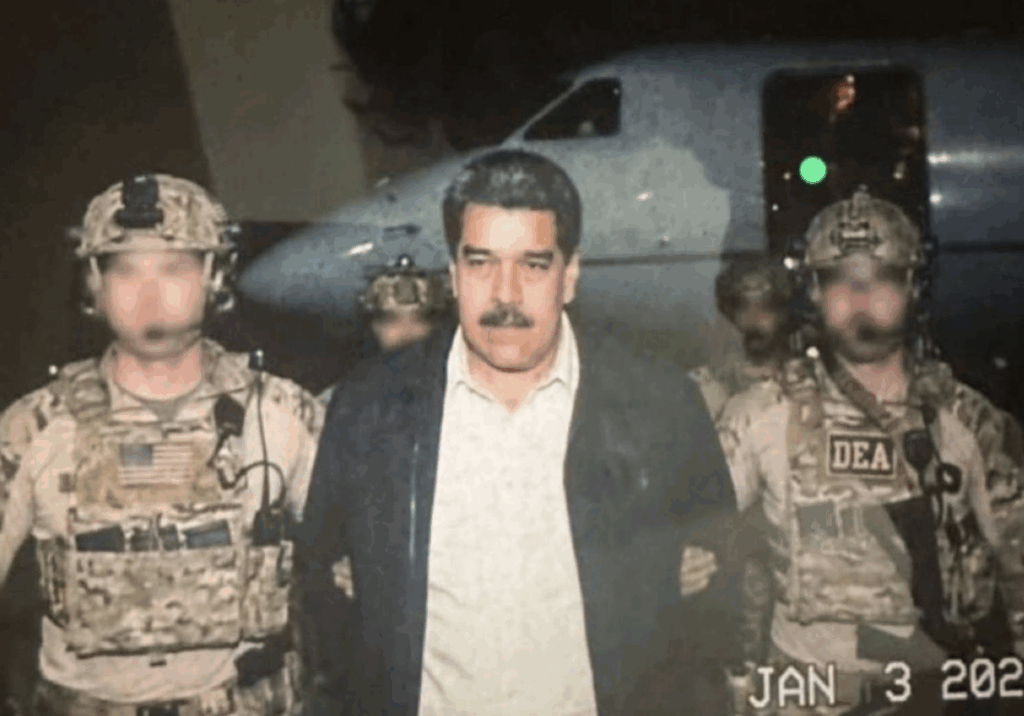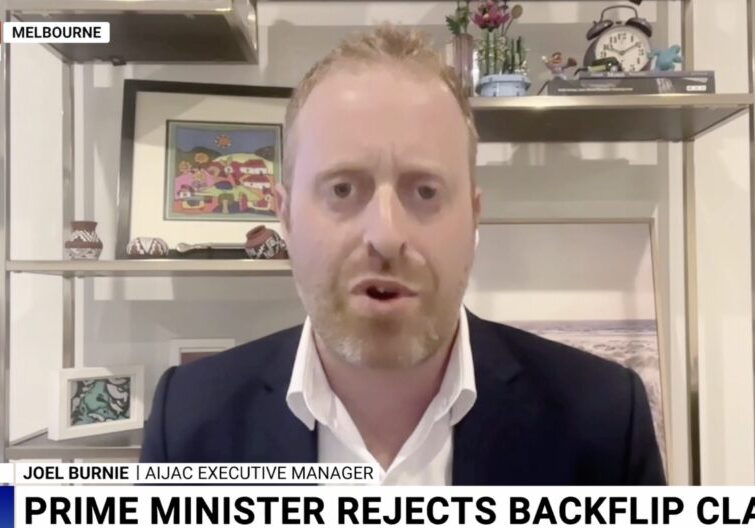Australia/Israel Review
Deconstruction Zone: Festival follies
May 31, 2011 | Daniel Meyerowitz-Katz
Daniel Meyerowitz-Katz
“We need to be wary of the rise of the polemicist. Polemic is different from journalism.”
This simple statement from veteran journalist Paul Kelly at a session of the recent Sydney Writers’ Festival seems as if it should go without saying. Unfortunately, it served as a rather ominous warning for those attending other sessions at the partially tax-payer funded Festival.
On Israel/Palestine issues, this year’s Festival featured two high-profile international guests with important things to say related to the Middle East – Palestinian doctor and writer Izzeldin Abuelaish, who lost three daughters in the 2008-9 Gaza war, and British novelist Howard Jacobson. Both of these figures have very positive messages, promoting a genuine Israeli-Palestinian two-state peace and reconciliation. However, the program and atmosphere of the Festival managed to both prevent their positive views from being fully explored, and constantly pitted them against much more extreme Australian voices.
Jacobson’s recent Booker Prize winning novel The Finkler Question focuses on the absurdity of figures who define themselves as Jews that are “ashamed of being Jewish because of Israel”, obsessed with vehemently criticising the Jewish state. The Festival did not, however, give him much opportunity to speak about these issues – his itinerary was largely apolitical, serving on panels such as “The Return of the Wry” and “The First Tuesday Book Club.”
Meanwhile, the Festival gave considerable prominence to someone who meets both Kelly’s definition of a “polemicist” and seems a good example of the sort of “ASHamed Jews” Jacobson skewers in The Finkler Question – little-read blogger and self-proclaimed “best-selling author” Antony Loewenstein. Yet bizarrely, Festival organisers did not take the obvious opportunity to have Jacobson share a podium with Loewenstein.
Loewenstein, who has written a commercially unsuccessful book entitled The Blogging Revolution, but focuses the bulk of his daily attention on propagating extreme views on the Arab-Israeli conflict, was first featured as a panelist in a session on online journalism.
Loewenstein managed to go for almost 20 minutes without bringing-up his pet topic, but when asked where online media has “had an opportunity to shine”, he jumped straight in to push the “issue of Israel/Palestine”. He claimed that the “over 6,000 Western journalists” based in Jerusalem would only ever visit Gaza or the West Bank for a day and therefore were not aware of what happens in these territories. In a characteristic error, Loewenstein inflated the 600 or so foreign journalists based in Israel, according to the Israeli Government Press Office, by 900%.
Digging deeper, Loewenstein, himself Jewish, also managed to throw in that these Middle-East correspondents are “most likely Jewish because the Western media would not hire an Arab.” Another factual absurdity – CNN’s Hala Gorani, the New York Times’ Anthony Shadid and the BBC’s Kim Ghattas are just three examples of the many people of Arabic background reporting for Western news outlets from the Middle East.
Finally, he pointed to the Qatari government-owned al-Jazeera as the “best news network in the world at the moment”. But of course, al-Jazeera serves first and foremost the interests of the authoritarian Qatari monarchy, and thus has downplayed or ignored reports of unrest in Bahrain and Saudi Arabia, Qatari allies. It is thus the very opposite of the free and open media Loewenstein advocates in The Blogging Revolution.
Meanwhile, the Festival managed to repeatedly minimise and challenge even Dr. Abuelaish’s attempts to draw on his tragic life experiences to create a bridge between the Israeli and Palestinian peoples. His argument that if only the two sides knew each other as human beings, removed from the context of conflict and ongoing incitement to hatred, a peaceful solution would soon be found, was constantly pitted against, or “balanced” by, extreme anti-Israel views.
At one session, Australian journalist and anti-Israel activist Paula Abood shared a podium with Abuelaish and ostensibly “interviewed” him, but in fact just explained her strongly anti-Israel point of view and then asked him for comment. She steered the conversation away from his views on dialogue with Israelis and asked him questions only about the various hardships that he and other Palestinians face in Gaza.
In another session, Australian journalist David Leser constantly goaded Abuelaish to be more hateful and condemnatory of Israel and Israelis, finally prompting the doctor into an angry explosion where he insisted he does not hate Israelis but sees them as fellow human beings.
The panel Abuelaish shared with Loewenstein saw him playing the moderate reining in Loewenstein’s demands that Israel be destroyed. Loewenstein, who wrote his book My Israel Question after only briefly visiting Israel, again waxed lyrical on the “poorly informed” reporting from people who had “spent little time in the West Bank and Gaza” and advocated a one-state solution to the conflict, achieved through boycotting Israel and ending its existence as a Jewish state. Abuelaish, in contrast, who has lived in Gaza for most of his life, derided such divisive tactics and instead promoted understanding and dialogue leading to a two-state solution, recognising the self-determination of both Palestinians and Israelis.
It was a striking symbol of how extremely skewed the Australian literary community has become that this Palestinian activist was repeatedly forced to digress from his obvious and humane message to combat extreme and/or rejectionist voices he shared the podium with.
Tags: Anti-Zionism

